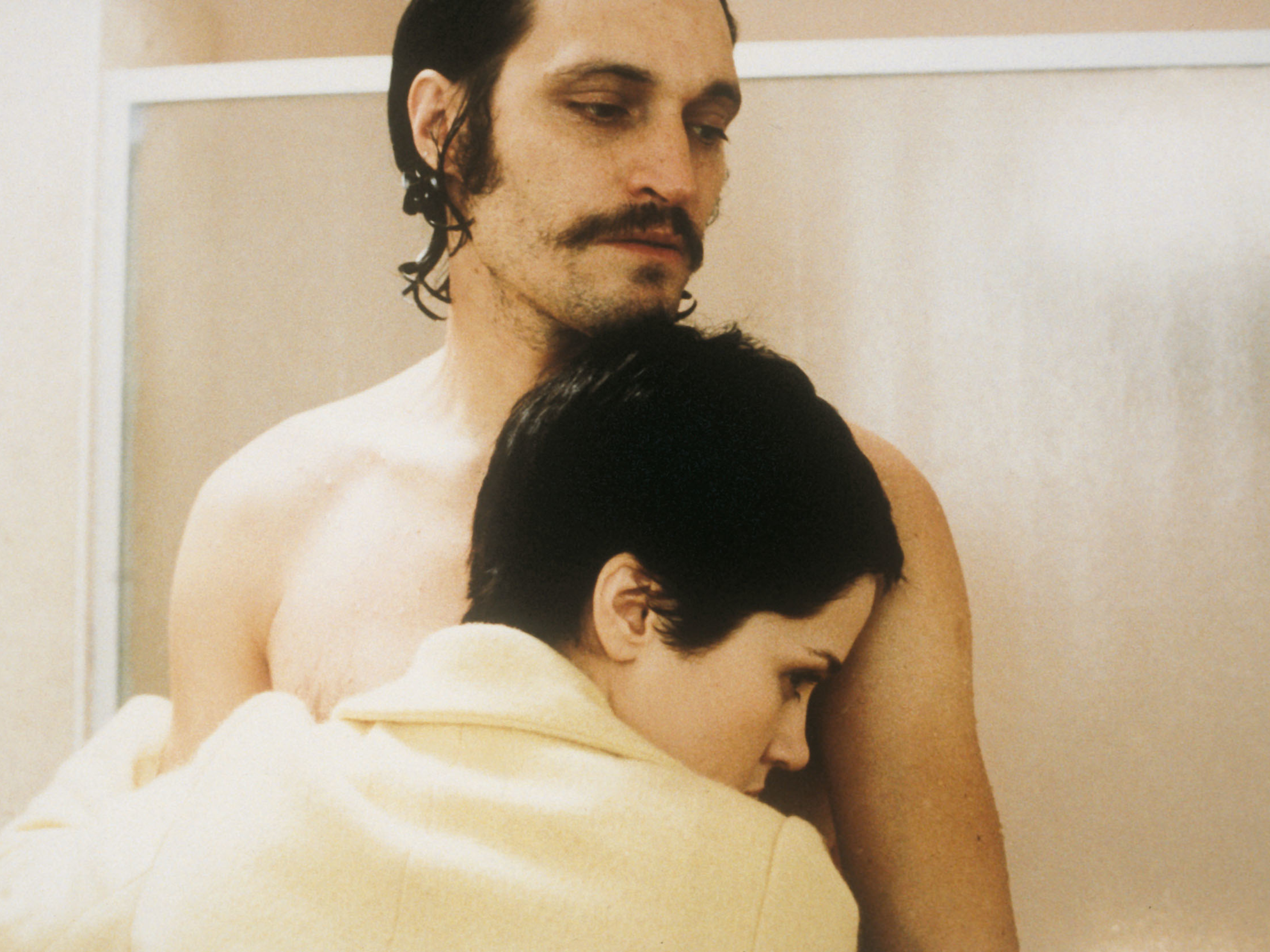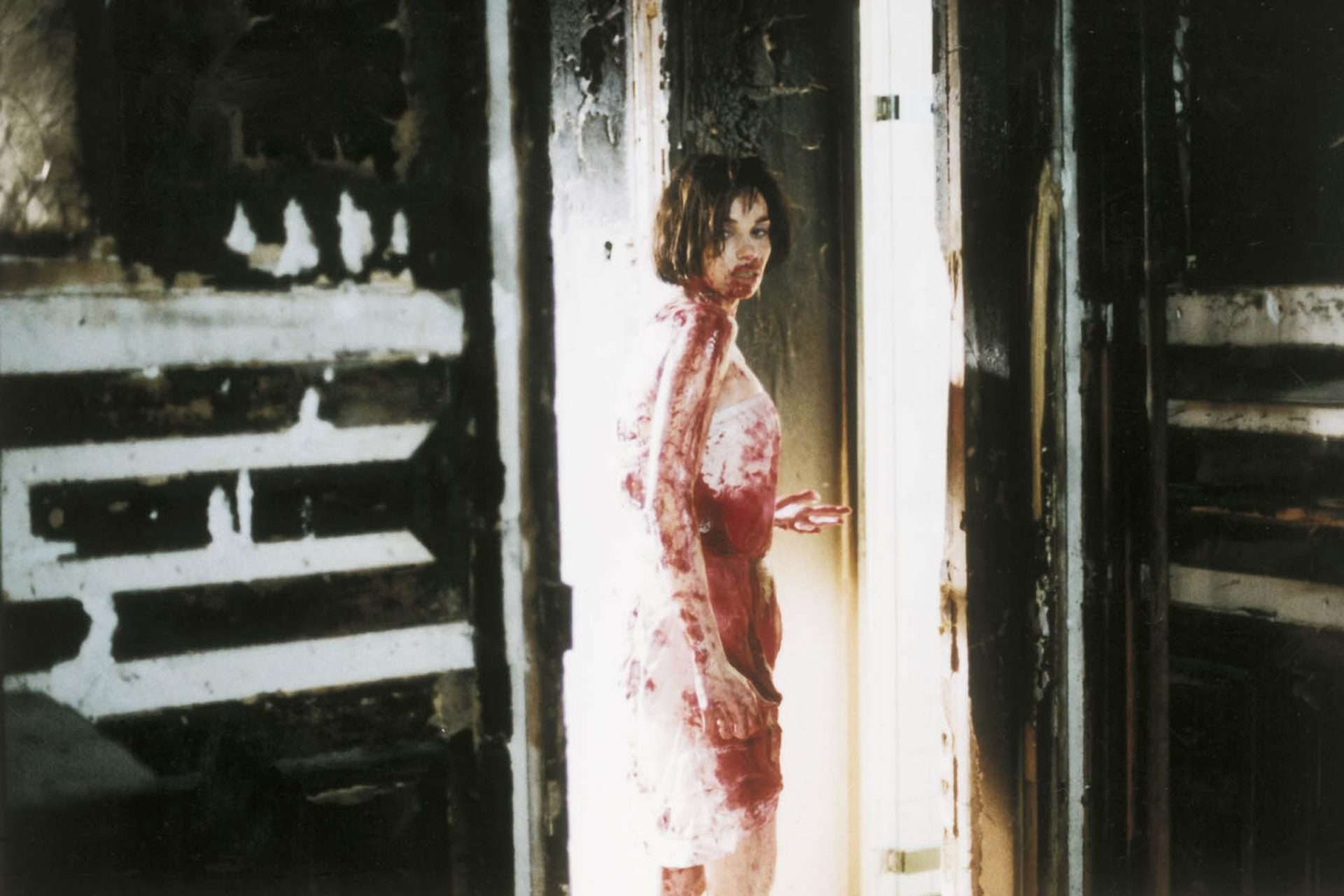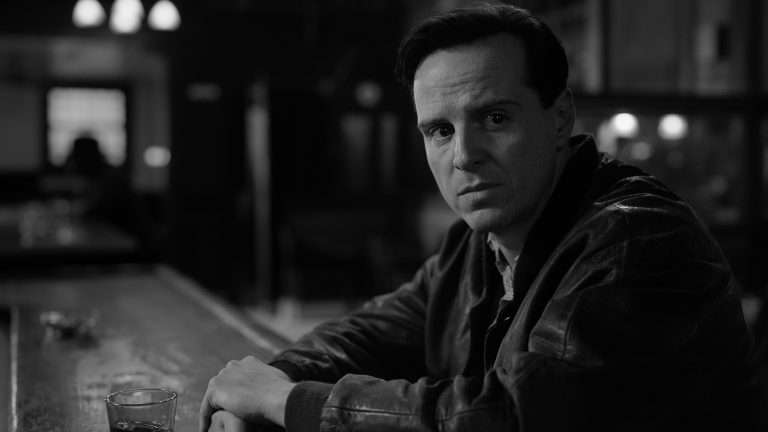Claire Denis is known for her portrayal of sensuous themes in her films. The images in a Claire Denis film are filled with human bodies and tight close-ups, and the camera is positioned in such a manner that it seems to caress them softly. Additionally, Denis’ use of music enhances the visuals with an added depth of poetry. Yet, beneath this apparent tenderness lies a brutality. The interesting part is that it doesn’t serve the purpose of shock value but rather emerges as an interior desire inherent to the human condition.
Her 2001 film “Trouble Every Day” is a prime example of this seamless blending of tenderness and brutality. It consists of two separate arcs that converge midway through the film. In one arc, the story follows a newlywed American couple on their honeymoon in Paris. Despite being on his honeymoon, the husband, Shane Brown (Vincent Gallo), a scientist by profession, primarily comes to Paris to find a former colleague, Léo Semeneau (Alex Descas). On the other hand, we see the arc of Semeneau and his wife, Coré (Béatrice Dalle).
Coré suffers from a mysterious disease that makes her crave human blood at the moment of sexual arousal. She seduces random strangers from the road and takes them to the bushes. While having sex, she bites them to death. Semeneau tries to protect his wife by burying the bodies of her victims and locking her in a bedroom to prevent her from going outside.
In “Trouble Every Day,” Claire Denis attempts to subvert vampire mythology by recasting gender roles. Readers familiar with Denis’s filmography may recall how her gaze upon male bodies in “Beau Travail” evokes a similar kind of subversion in terms of the female gaze. As a female filmmaker, this is understandable. However, what makes it interesting is that the subversion doesn’t come across as a mere novelty but rather as a natural extension of the original myth.

Like Coré, Shane is also afflicted with this disease. He, too, finds himself craving human blood. In a disturbing scene, he fantasizes about his wife, June (Tricia Vessey), lying on the bed covered in blood—hinting at the ominous consequences of his condition. At one point, he assures June that he will never hurt her, yet there are visible bite marks on her arm and lips that suggest otherwise. While Semeneau, as a husband, tries to protect Coré out of a sense of responsibility, by the end of the film, it remains ambiguous how Shane will react in his position.
As Denis is drawn to the naked human form—especially male bodies—this film is filled with shots of nudity. Although these images possess a sensual power, they are ultimately presented as objects of devouring for the characters. While Denis’s female gaze is prominent, the male gaze is also evident. Shane gazes at Christelle, a maid at the hotel where he and June are staying, as both an object of desire and consumption throughout the film. However, Denis showcases the male gaze through a woman’s perspective, making it self-aware rather than exploitative.
Shane’s insatiable desire for human flesh is evident throughout the film, yet he resists committing the same kind of horrific acts as Coré. In the middle of a sex scene, he abruptly rushes to the bathroom to masturbate—a gesture that serves as a defense mechanism to prevent himself from unleashing his dark urges upon June. However, he does not exercise the same restraint when it comes to other women. In a metro, he attempts to make physical contact with a woman, and by the end, he ultimately gives in to his monstrous urges by devouring Christelle in the end.
As a newlywed couple, Shane and June share an intimacy common to any marriage, but in their case, it is heightened by the excitement of being newly married. Slant Magazine critic Chuck Bowen beautifully describes this dynamic: “We can tell that Shane and June are newlyweds by the way they regard one another physically. They touch in a fashion, which could be termed ‘tentative lust,’ that’s common among newer couples; it’s a combination of romantic courtliness and the urge to fuck each other’s brains out. Christelle, the maid, turns down their hotel bed, and they can’t wait for her to leave. They collapse on top of it, ruining her work and behaving in that generally self-absorbed manner of romantic intoxication.”

For Shane, this intimacy with June is spiritual and pure, which is why he suppresses his violent urges when he is with her. However, his attraction to other women is purely dispassionate—one that is devoid of romance or tenderness, driven solely by his primal need for flesh.
Perhaps this brutality stems from a deep-seated misogyny that Denis aims to critique. To counter it, she reinterprets the vampire myth by altering gender roles in Coré’s arc, placing a woman at the center of dominance in sexual encounters. However, in my opinion, Denis does not seem entirely confident in this subversion, as she ultimately introduces a male character to repeat the same brutal acts upon a woman—something that aligns more closely with the original vampire mythology. This hesitation somewhat weakens the overall effect of the film, yet Denis still manages to convey her thesis effectively.
“Trouble Every Day” is a brutal and transgressive exploration of love, lust, and disease. Featuring stunning cinematography by Agnès Godard and remarkable performances from Béatrice Dalle, Vincent Gallo, Tricia Vessey, and Alex Descas, the film may not quite reach the heights of “Beau Travail,” but it remains a crucial contribution to the reinvention of the vampire genre through a female perspective.

![1BR [2020] Review – An ingenious horror-thriller that crafts a satisfying rehash of genre tropes](https://79468c92.delivery.rocketcdn.me/wp-content/uploads/2020/12/1BR-Movie-Review-highonfilms-1-768x322.jpg)




